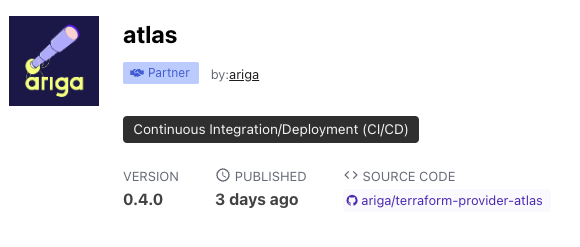Announcing v0.22: Rename Detection, Table Locking Checks, and more
Hi everyone,
It's been a few weeks since our last release, and we're happy to be back with a version packed with brand new and exciting features. Here's what's inside:
RENAMEDetection - This version includes aRENAMEdetector that identifies ambiguous situations of potential resource renames and interactively asks the user for feedback before generating the changes.- PostgreSQL Features
- UNIQUE and EXCLUDE - Unique constraints and exclusion constraints were added.
- Composite Types - Added support for composite types, which are user-defined types that represent the structure of a row.
- Table lock checks - Eight new checks that review migration plans and alert in cases of a potential table locks in different modes.
- SQL Server Sequence Support - Atlas now supports managing sequences in SQL Server.
Let's dive in!
